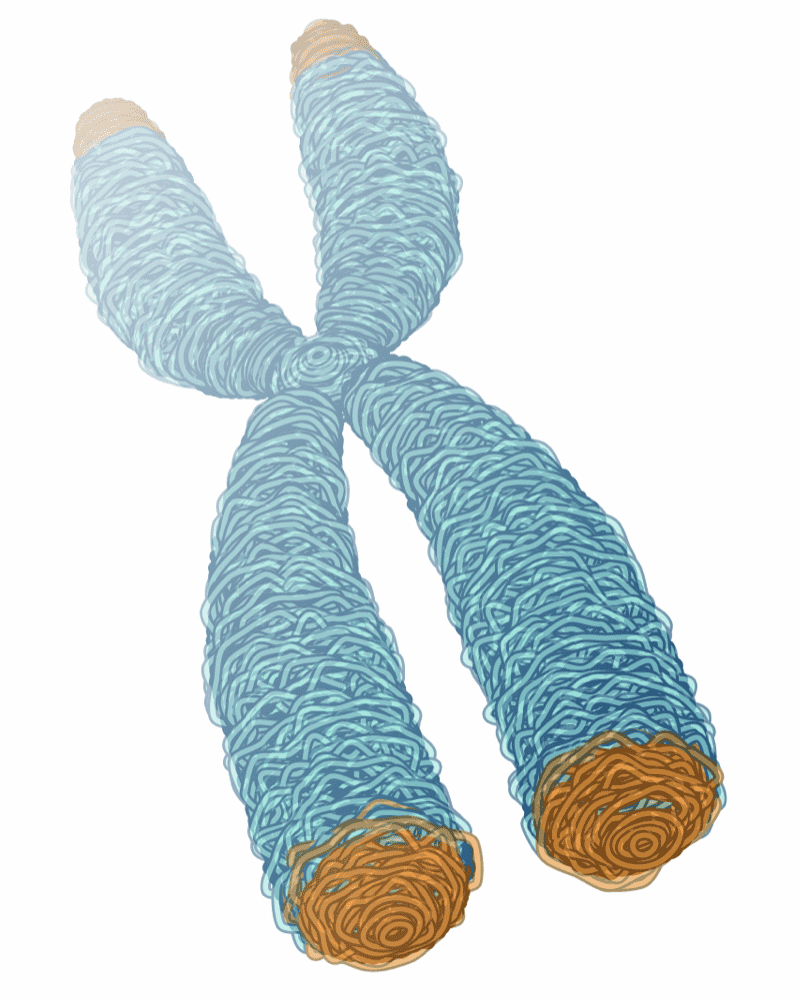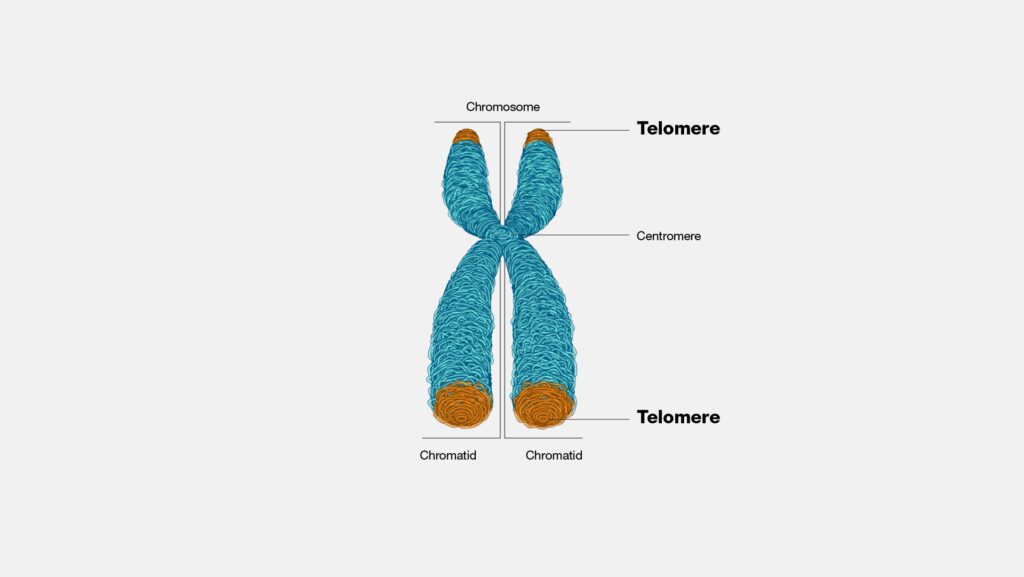Alcohol consumption and telomere length: Mendelian randomization clarifies alcohol’s effects
Research article
Abstract
Alcohol’s impact on telomere length, a proposed marker of biological aging, is unclear.
The researchers performed the largest observational study to date (in n = 245,354 UK Biobank participants) and compared findings with Mendelian randomization (MR) estimates.
Two-sample MR used data from 472,174 participants in a recent genome-wide association study (GWAS) of telomere length.
Genetic variants were selected on the basis of associations with alcohol consumption (n = 941,280) and alcohol use disorder (AUD) (n = 57,564 cases). Non-linear MR employed UK Biobank individual data.
MR analyses suggested a causal relationship between alcohol traits, more strongly for AUD, and telomere length.

Higher genetically-predicted AUD was associated with shorter telomere length. There was a weaker association with genetically-predicted alcoholic drinks weekly.
Results were consistent across methods and independent from smoking. Non-linear analyses indicated a potential threshold relationship between alcohol and telomere length.
The findings indicate that alcohol consumption may shorten telomere length. There are implications for age-related diseases.
What is a telomere?
A telomere is a region of repetitive DNA sequences at the end of a chromosome.
Telomeres protect the ends of chromosomes from becoming frayed or tangled. Each time a cell divides, the telomeres become slightly shorter.
Eventually, they become so short that the cell can no longer divide successfully, and the cell dies.

Telomere length is considered a potential biological marker of aging. These repetitive nucleotide sequences, together with associated protein complexes, form a ‘cap’ at the ends of chromosomes, protecting them from damage. As a cell’s replicative machinery cannot completely copy the ends of chromosomes, 50–100 base pairs are lost at each division. Telomere attrition therefore occurs with increasing cellular age. Critically short telomeres trigger cell death or replicative senescence, or occasionally continued division, mutation and genetic aberrations.
Epidemiologically, shorter leucocyte telomere length (LTL) has been linked to several aging-related diseases including Alzheimer’s disease, cancer, and coronary artery disease. Telomere length is partly heritable and linked to sex, ethnicity, and paternal age, but has also been linked to environmental and lifestyle factors, including exercise, smoking, and alcohol consumption.
Key findings
The researchers observed consistent associations between two alcohol phenotypes, alcohol consumption and alcohol use disorder (AUD), and shorter telomere length.
Alcohol consumption and alcohol use disorder are distinct phenotypes, with only partial overlap in their genetic associations.
The evidence in support of a causal effect of alcohol consumption on telomere length was weaker than that for AUD.
To contextualize the effect size, in the observational analysis, consuming more than 29 units (>232 g ethanol, ca. ten 250 ml glasses of 14% alcohol by volume (ABV) wine) of alcohol weekly compared to <6 units (~ two 250 ml glass of wine) was equivalent to 1–2 years of age-related change on telomere length.
Significant associations between genetically-predicted alcohol and telomere length were only found in current drinkers, providing support that the only path from the genetic variants to LTL is through alcohol.
These findings lend support to alcohol, particularly at dependent levels, being a causal determinant of telomere length.
These findings provide another piece of information in the arsenal of clinicians seeking to persuade patients of the harmful effects of alcohol.
Shortened telomeres are proposed as causal risk factors for a number of age-related diseases like Alzheimer’s disease. Furthermore, the dose of alcohol is important – even reducing alcohol use could have benefits.
